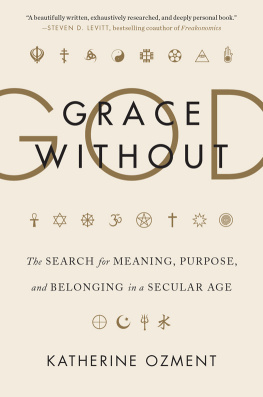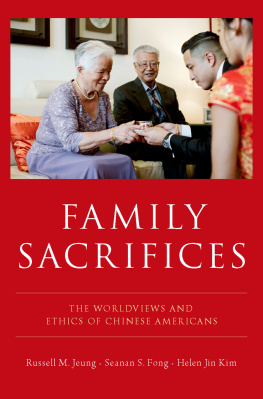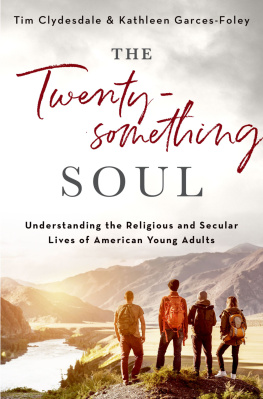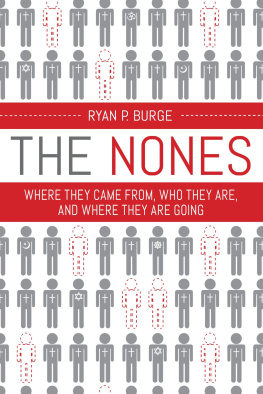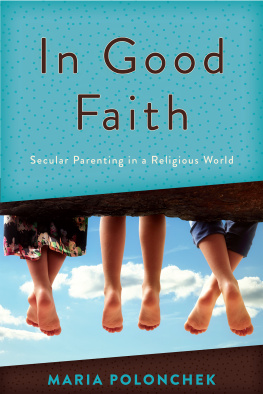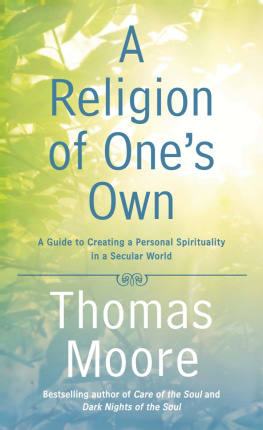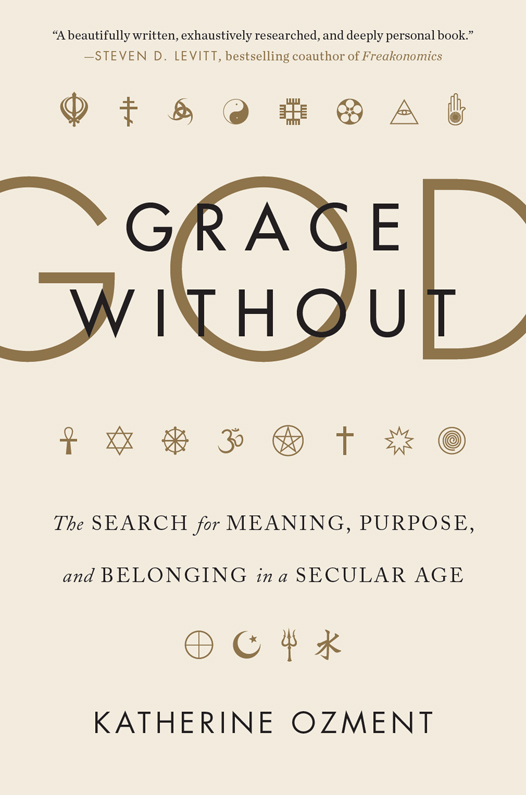A Dictionary of Angels.
Crumbled. There I discovered
As species of flies.
Used to be thick with them.
Just to keep them away.
Through the tall windows.
The library is a quiet place.
In dark unopened books.
Passes every day on her rounds.
Her head tipped as if listening.
The books are whispering.
I hear nothing, but she does.
O ne night four years ago, I heard a strange noise outside the window of our brick row-house near Boston. We lived across the street from a Greek Orthodox church, a squat stone structure with a domed roof topped by a cross. Just as I was about to go to bed, I heard the sound of muffled patting, like hundreds of shuffling feet, growing closer.
Mama! my son, who was nine, called. Come look.
I joined him by the window, and together we watched members of the churchelderly, middle-aged, twenty-somethings, teenagers, and childrenwalk en masse up the street, which was closed off to accommodate their passage. They walked silently, each holding a candle, led by a priest in a long robe. Just behind the priest, several men carried an ornate bier covered in fresh flowers and bearing a small doll wrapped in white cloth. As my son and I watched, the procession stopped in front of our house. Little boys pulled at too-tight ties, girls swayed in long skirts, and husbands and wives pressed close to each other in the cool night air.
What are they doing? my son asked.
Its a ritual, I said, thinking it must be their Good Friday.
Why dont we do that? he asked.
Because were not Greek Orthodox, I said.
Then what are we?
I thought of the candy and trinkets I bought for him and his two younger sisters for Easter every year, the overfilled baskets I placed in their rooms as they slept, and the indoor Easter-egg hunts I put together. The only things my children knew about the most sacred holiday in Christianity were colorful plastic eggs and foil-wrapped chocolate bunnies. Even that doll wrapped in white cloth outsidethe symbolic baby Jesuswas a mystery to them.
The priest, in his dark robe and traditional flat-topped hat, read a passage aloud in Greek, and the crowd sang a verse in response. After several more exchanges, he turned to the church and walked toward it. The congregants followed him down the street and into the building, like a river narrowing through a lock.
Turning from the window after the street had emptied, my son persisted: So, what are we?
I looked at him and felt my face flush. I wrestled with how to answer him, but then blurted out words Id soon regret.
Were nothing, I said.
I knew right away that this was a terrible thing to say. And I sensed that I had let him down, not just in that moment but also in a larger, more important way. My inability to find the words to describe us reflected the fact that my husband and I had never created a cohesive narrative for the life we had chosen to livea narrative that would tie us to a like-minded group via a clear moral framework, meaningful rituals, and a deep sense of belonging. The moment at the window was the culmination of so many other small moments, times when I felt at a loss to describe who we were, what we believed, and where we fit. My son had asked the simplest of questionsWhat are we?and I couldnt answer him. Why was that?
I WAS RAISED Presbyterian but drifted from religion before my son was born. Id grown up reciting the Lords Prayer and singing hymns on Sundays. Id snacked on cookies and apple juice in church basements after services, attended Sunday school, and read long passages of the Bible for religion classes in high school. Though I didnt recall all the details of those religious stories, I knew on a visceral level, and know even still, the poetry of a biblical verse, the moral core of a religious parable, and the heft of a ministers sermon. Christianity was such an ever-present and unremarkable part of my upbringing that it was like water I didnt know I was swimming in. Yet I no longer practiced religion, and it never came up in my daily life. At some point, I quit calling myself a Christian altogether. What I didnt know was when or why I stopped.
My husband, Michael, had been raised Jewish, but hed also left religion. Like me, he couldnt pinpoint when or how it happened, though he suspects it was the first weekend after his bar mitzvah, when, freed from the bonds of Saturday morning Hebrew school, he chose to play basketball with his friends instead of going to temple.
We were bringing up our three children without any connection to the kinds of spiritual traditions, beliefs, and community with which we had been raised. But we had let our religious practices and beliefs fall away without ever considering the costs. Did our children need the kind of spiritual ritual and tribe my son and I had observed outside our window? What were the ramifications of our choice to raise them without any faith and accompanying traditions? It seemed irresponsible of us not to know.
AFTER I ANSWERED, my son didnt verbally respond to what Id said. He just cocked his head slightly to one side, like a small, curious bird. Before I could ask what he thought, he told me goodnight and walked upstairs to bed. But I couldnt let go so easily. I stood at the window a bit longer, watching the policemen remove the wooden barricades that had been used to close off the street. I decided then and there that I would seek a better answer for my son, for myself, and for my family.
Lowering the blind, I turned away from the scene outside and surveyed the room before me. Strewn in all directions were art projects, sports balls, books, backpacks, and newspapers. Somewhere in that cluttered mishmashsomewhere in the very lives that we were livingwere values, rituals, and sources of meaning worth naming. I knew that we were something, but what? And that is how this book beganas one womans search for a better answer to her sons big question.
As soon as I started researching this question, I learned that my family wasnt the only one struggling to define itself. All over the country a similar story of leaving organized religion was unfolding. People from every faith, racial background, ethnic group, education level, and income bracket were turning away from their religious traditions. Never before had so many Americans stopped aligning themselves with their parents and grandparents religious communities, practices, and beliefs so quickly. It turned out that my sons question was one that researchers, philosophers, and secular families across the United States and around the world were all struggling to answer.
The first step in my several years of research for this book was to turn back to religion. I sang sacred harp music with a room full of divinity school students, sat in stillness for Taiz night song in a church tucked in the hills of Northern California, attended CCD class in a Catholic school cafeteria, and took part in a walking meditation at a Buddhist temple in San Diego. I interviewed religious leaders and followers to find out what religion meant to them and how religious beliefs and practices enhanced their lives.

